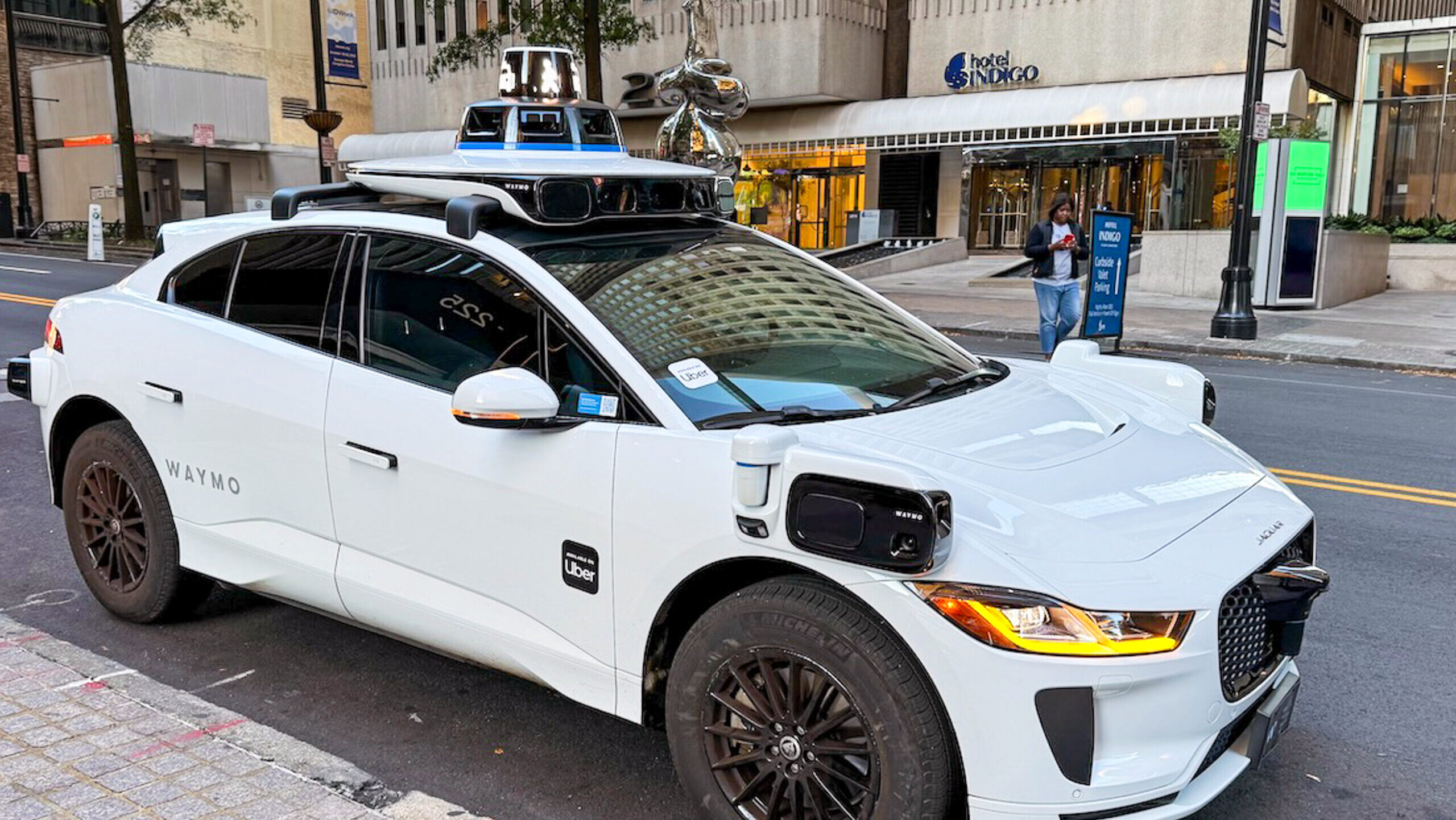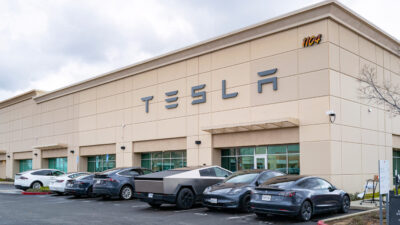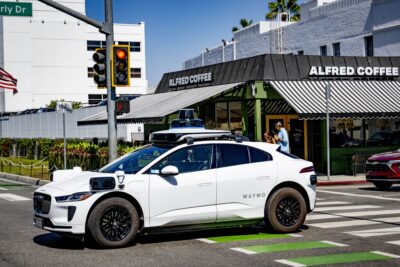Will Boston Wage War on Waymo?
Boston city council members are considering an ordinance that would require a “human safety operator” to be present in autonomous vehicles.

Sign up for smart news, insights, and analysis on the biggest financial stories of the day.
Is Waymo’s robotaxi business about to become a hill of beans in Beantown?
Boston city council members are considering an ordinance that would require a “human safety operator” to be present in autonomous vehicles (AVs) operated by Waymo and other ride-share services. The local law would make Boston “the first major city in the world to ban fully autonomous vehicles based entirely on vibes,” Waymo spokesperson Ethan Teicher posted on X ahead of a city council meeting last week, where members postponed a vote on the ordinance.
The proposal would also require a study of the impact AVs would have on rideshare drivers’ jobs and the local economy.
Banning AVs
Riders in Los Angeles, Austin, Phoenix, San Francisco and Atlanta can now hop into fully autonomous rides from Waymo, a subsidiary of Alphabet. The company started test-driving in Boston in May, but not without pushback. Labor unions have been protesting the rollout and rallied outside City Hall in support of the proposed ordinance. “Driverless cars and trucks pose a serious threat to public safety, our communities, and the livelihoods of the countless dedicated men and women across the commonwealth who work as professional drivers,” Tom Mari, President of Teamsters Local 25, said in a statement.
Analysts at research firm Morningstar said the ordinance may also impact Tesla, and that it could simply kick the can down the road:
- If Boston requires a human operator in its vehicles, Tesla may opt not to offer its robotaxi service there, says senior equity analyst Seth Goldstein. “Given the harsher winter weather, Boston may already be lower in the rollout list, but the proposed regulation could prohibit Tesla’s robotaxi from operating in the city.”
- Any city that puts up barriers to entry for AVs will simply be pushed along the rollout and testing timelines, with the end-game being that the regulation barring the entry will be lowered over time as adjacent cities allow for the AVs, equity analyst Malik Ahmed Khan adds. “Imagine a Bostonian not having access to Waymo in Boston but really enjoying the experience in NYC and then being more pro-AV in Boston.”
Waymo Weighs In: Waymo’s regional head of state and local policy for the US East, Matthew Walsh, said in a statement shared with The Daily Upside that the proposed ordinance is “an unprecedented ban on a technology that is bringing additional safety, accessibility, economic activity and sustainable transportation to the cities where we operate.”











